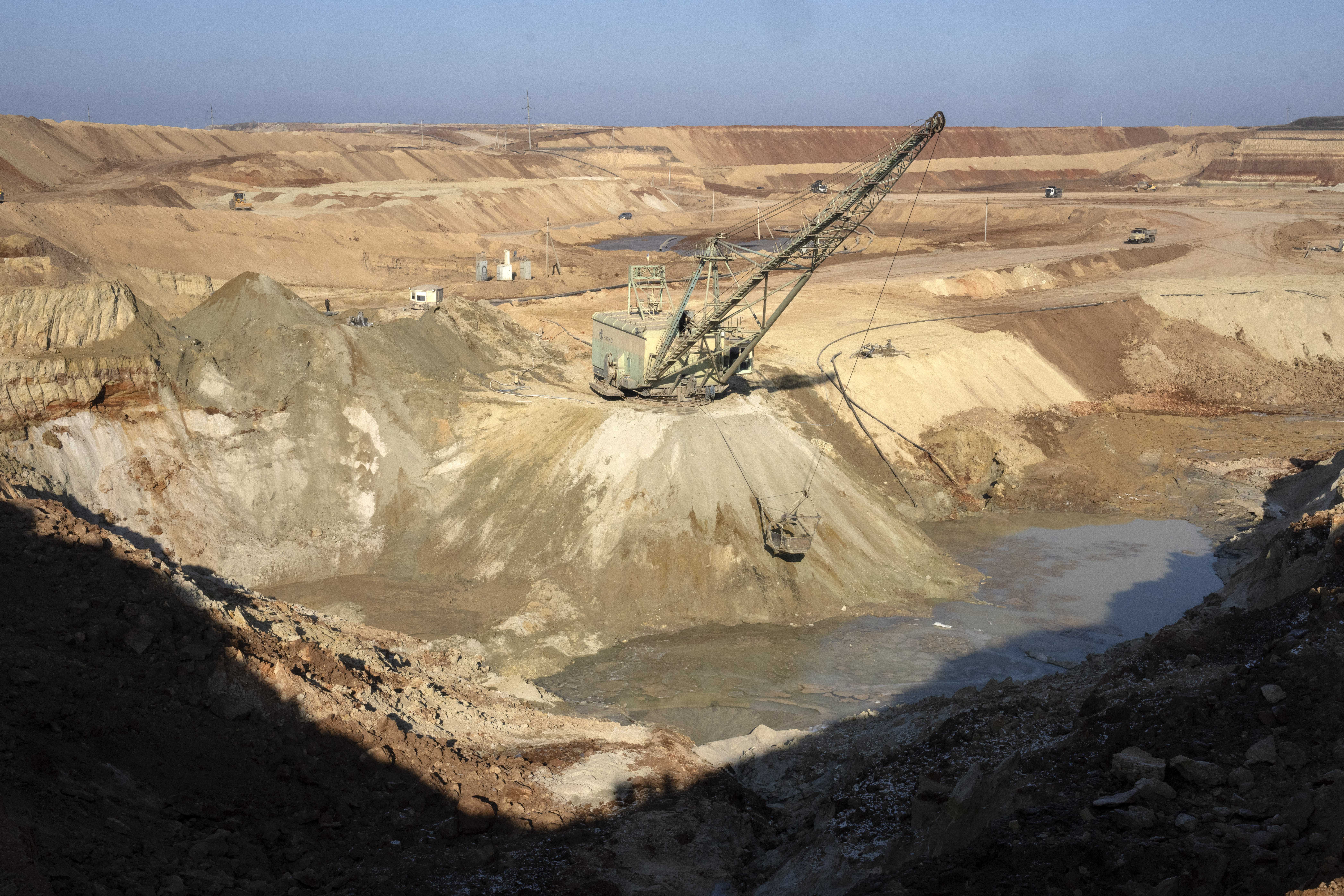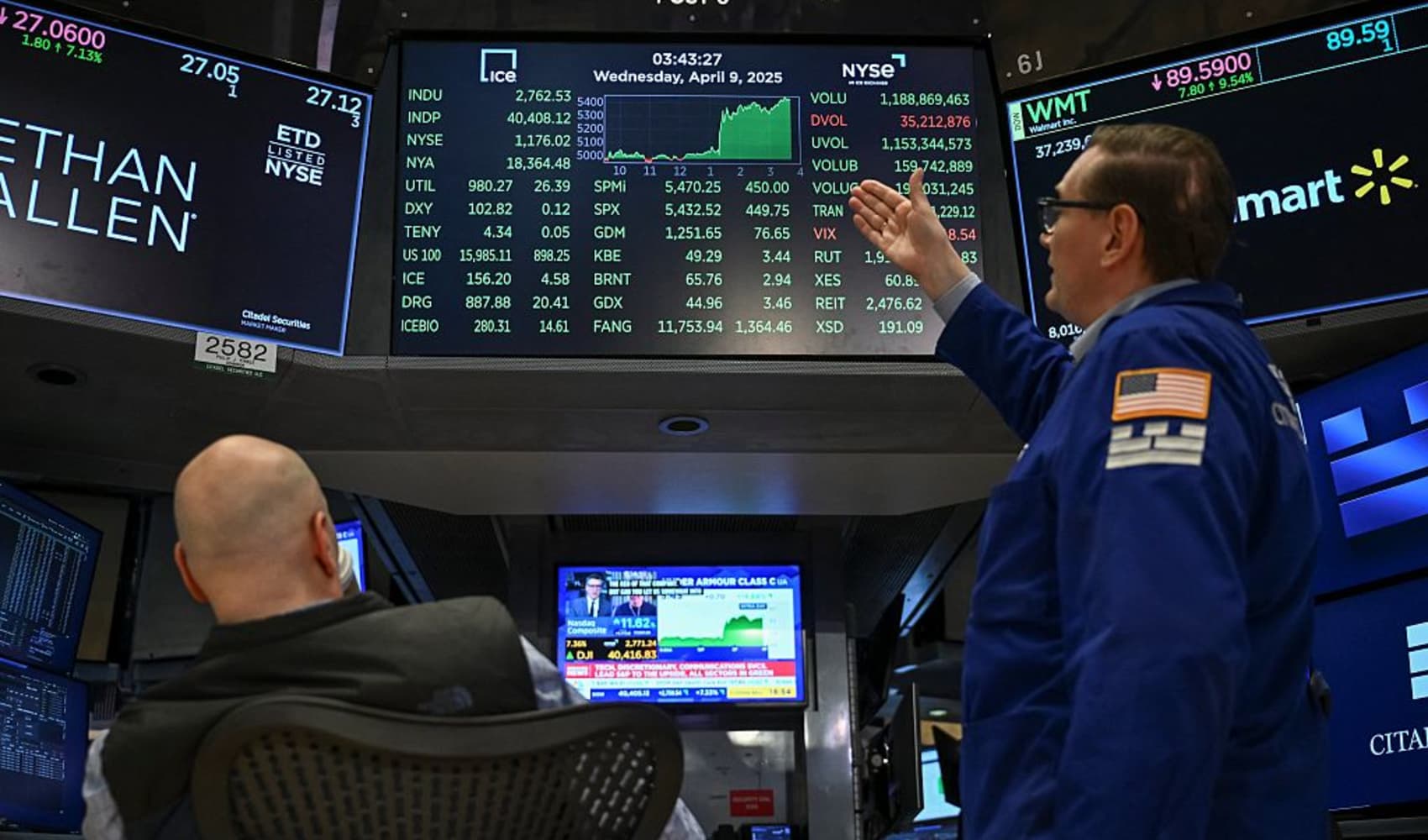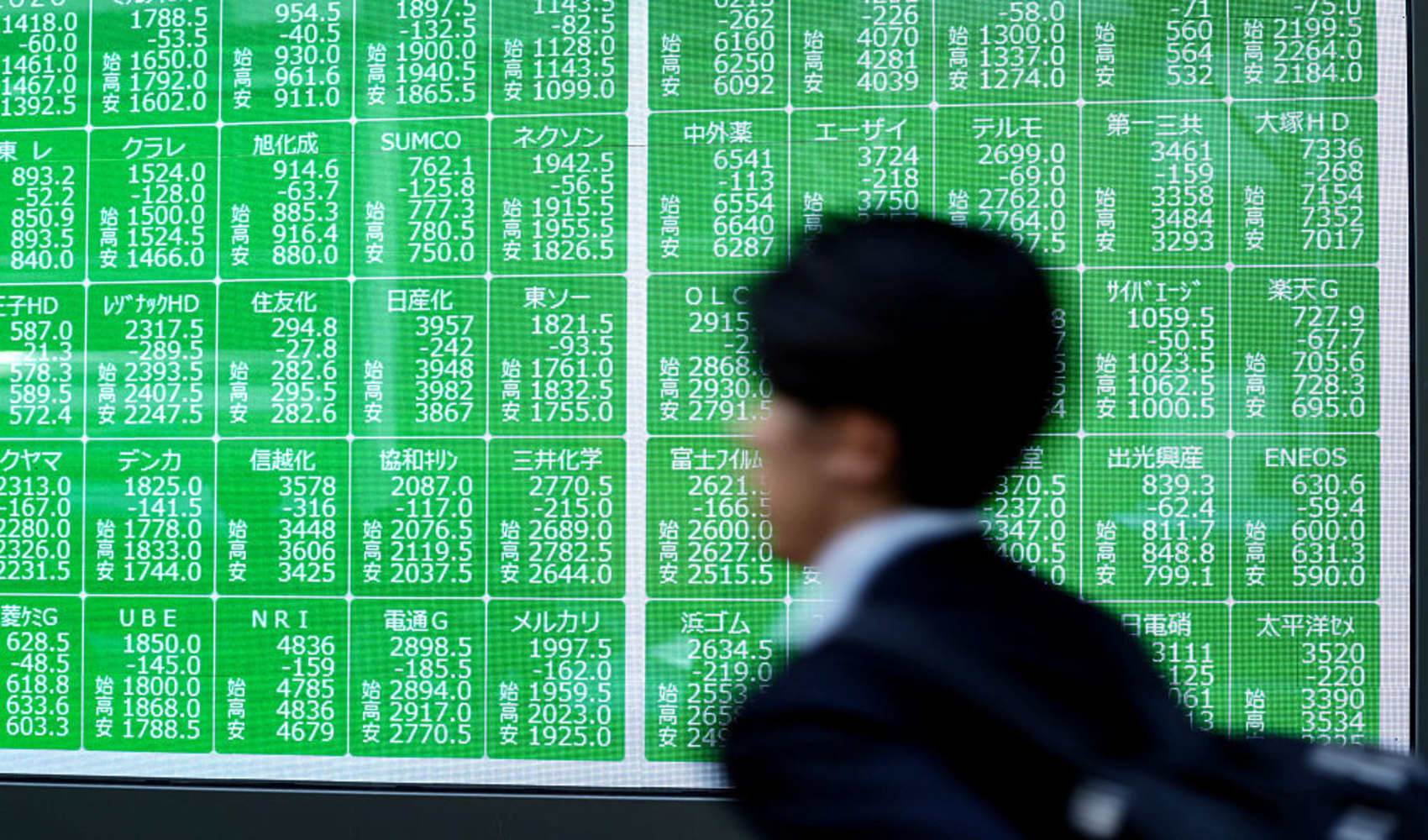Ukraine Minerals Deal: US Investment to Fuel Recovery
Ukraine's Mineral Wealth: US Deal Opens New Chapter
Introduction: A Partnership Forged in Fire
The news rippled through global markets and political circles like a shockwave: the United States and Ukraine have inked a long-awaited minerals deal. But what does this actually mean? More than just ink on paper, this agreement signifies a deeper partnership, a strategic investment in Ukraine’s future, and a bold statement to the world. Think of it as planting seeds of economic recovery in soil still scarred by conflict. It’s a complex agreement, so let's break it down and explore its potential impact.
The United States-Ukraine Reconstruction Investment Fund
Treasury Secretary Scott Bessent announced the creation of the United States-Ukraine Reconstruction Investment Fund. Sounds impressive, right? But what does it do? The Fund is designed to allow the U.S. to "invest alongside Ukraine" and unlock its growth assets, accelerating the country's economic recovery. It’s a vote of confidence, a signal that the U.S. believes in Ukraine’s potential even amidst the ongoing challenges.
Unlocking Growth Assets
What are these “growth assets,” you might ask? We're talking about Ukraine's vast mineral resources. This is where the deal gets really interesting.
Ukraine's Mineral Wealth: A Hidden Treasure Trove
Ukraine is more than just fertile farmland; beneath its surface lies a wealth of mineral resources. From lithium – a crucial component in batteries for electric vehicles – to titanium, manganese, and other strategically important minerals, Ukraine has a lot to offer. Imagine Ukraine as a sleeping giant, finally waking up to its potential.
Strategic Importance of Minerals
These minerals aren't just valuable; they're strategically important. They’re vital for various industries, from aerospace and defense to renewable energy and electronics. Securing access to these resources is crucial for global supply chains and national security.
The Agreement: Ownership and Extraction of Natural Resources
The core of the agreement focuses on the ownership and extraction of these natural resources. It outlines the framework for how the U.S. can invest in and partner with Ukraine to responsibly develop these resources. Think of it as a blueprint for cooperation, ensuring that both countries benefit from Ukraine's mineral wealth.
Responsible Development: A Key Consideration
Responsible development is a crucial aspect of the agreement. It emphasizes environmental protection, sustainable practices, and fair labor standards. This ensures that the extraction of minerals benefits the Ukrainian people and doesn't harm the environment. After all, what good is wealth if it comes at the cost of the planet?
Boosting Ukraine's Economic Recovery
The ultimate goal of this partnership is to boost Ukraine's economic recovery. By attracting foreign investment, creating jobs, and generating revenue, the agreement can help Ukraine rebuild its economy and secure its future. It’s like giving Ukraine the tools it needs to build a stronger, more resilient economy.
Job Creation and Revenue Generation
The development of Ukraine's mineral resources has the potential to create thousands of jobs in the mining, processing, and related industries. It will also generate significant revenue for the Ukrainian government, which can be used to fund essential services like healthcare, education, and infrastructure.
A Message to Russia: A Commitment to a Free and Sovereign Ukraine
Secretary Bessent emphasized that this agreement sends a clear message to Russia: the U.S. is committed to a peace process centered on a free, sovereign, and prosperous Ukraine over the long term. It’s a demonstration of unwavering support, a signal that the U.S. stands with Ukraine in its fight for freedom.
Beyond the Economic Benefits
While the economic benefits are significant, the political implications of this agreement are equally important. It reinforces the U.S.'s commitment to Ukraine's sovereignty and territorial integrity.
Potential Challenges and Obstacles
Of course, no agreement is without its potential challenges. Security concerns, corruption risks, and regulatory hurdles could all pose obstacles to the successful implementation of the partnership. Let's face it, smooth sailing isn't always guaranteed.
Addressing Security Concerns
The ongoing conflict in Ukraine poses a significant security risk to any investment in the country. Measures must be taken to protect mining operations and infrastructure from attacks and disruptions.
Combating Corruption
Corruption has been a persistent problem in Ukraine, and it could undermine the success of the minerals deal. Strengthening anti-corruption measures and ensuring transparency are crucial.
The Role of International Cooperation
The success of this partnership will depend on strong international cooperation. The U.S. and Ukraine need to work closely with other countries and international organizations to address the challenges and maximize the benefits of the agreement. It's a team effort, and everyone needs to play their part.
Attracting Additional Investment
The U.S.-Ukraine minerals deal could serve as a catalyst for attracting additional foreign investment in Ukraine's economy. Other countries may be encouraged to invest in other sectors, further boosting Ukraine's recovery.
Long-Term Implications for Global Supply Chains
The development of Ukraine's mineral resources could have significant long-term implications for global supply chains. It could diversify sources of critical minerals and reduce reliance on other countries. Think of it as adding another player to the global game, creating a more balanced and competitive market.
Diversifying Mineral Sources
Currently, some countries dominate the global supply of certain critical minerals. Developing Ukraine's mineral resources could help to diversify these sources and reduce the risk of supply disruptions.
The Trump Administration's Vision: A Lasting Peace
The agreement reflects President Trump's vision of a partnership between the American and Ukrainian people, demonstrating their commitment to a lasting peace. It's a testament to the power of cooperation and the enduring bonds between two nations.
A Bilateral Agreement with Far-Reaching Impact
While initiated under the Trump administration, the long-term ramifications of this deal transcend any single political era, promising a foundation for ongoing cooperation.
Conclusion: A Promising Future for Ukraine
The US-Ukraine minerals deal represents a significant step forward for Ukraine's economic recovery and its integration into the global economy. While challenges remain, the agreement offers a promising path towards a brighter future for the Ukrainian people. It's a chance for Ukraine to unlock its vast potential and build a stronger, more prosperous nation. This deal signifies a commitment from the US to support Ukraine not just in its defense but in its economic future as well.
Frequently Asked Questions (FAQs)
Here are some frequently asked questions about the US-Ukraine minerals deal:
-
What specific minerals are included in the agreement?
The agreement encompasses a range of minerals including, but not limited to, lithium, titanium, manganese, and other strategically important resources.
-
How will the agreement ensure environmental protection?
The agreement emphasizes responsible development, incorporating environmental protection measures, sustainable practices, and adherence to fair labor standards to minimize environmental impact.
-
What are the potential risks for US investors?
Potential risks include security concerns related to the ongoing conflict, corruption risks, and regulatory hurdles that could impact investment returns and project timelines.
-
How does this deal benefit the US?
The deal benefits the US by securing access to critical minerals for various industries, reducing reliance on potentially unreliable sources, and strengthening its strategic partnership with Ukraine.
-
What is the expected timeline for mineral extraction to begin?
The timeline is dependent on various factors including security, regulatory approvals, and investment levels. It's difficult to give a precise estimate, but significant progress could be seen within the next 3-5 years under favorable conditions.






